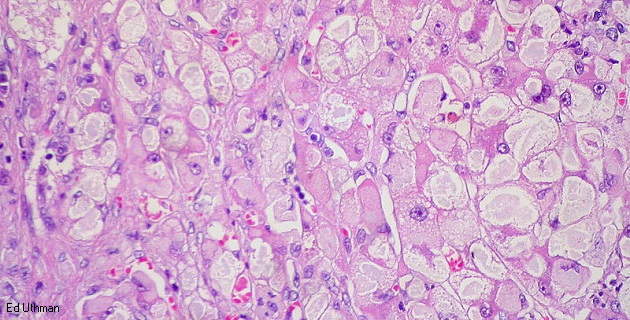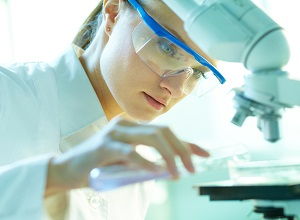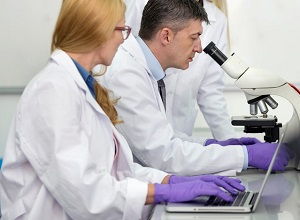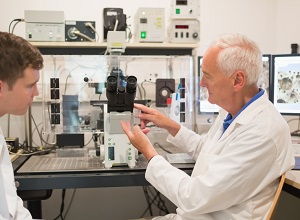Cell therapy restores liver function in mice

The liver is an essential organ responsible for detoxification and protein / biochemical synthesis, also contributing to the digestion, absorbion and processing of food and the filtering of blood coming from the digestive tract. Liver transplantation is the only viable solution for patients with irreversible liver failure. Researchers recently restored liver function in liver damaged mouse models by transplanting liver stem cells (hepatic progenitor cells). These research findings were published in the journal Nature Cell Biology. Hepatic progenitor cells isolated using cell surface markers maintained their phenotype in-vitro and were highly expandable. If these findings can be translated to humans, hepatic progenitor cell transplantation therapy may be able to replace the need for entire liver transplants. These findings are very encouraging highlighting the importance of the need for more research into the range of cell-based options that could be applied to a variety of human health problems.














